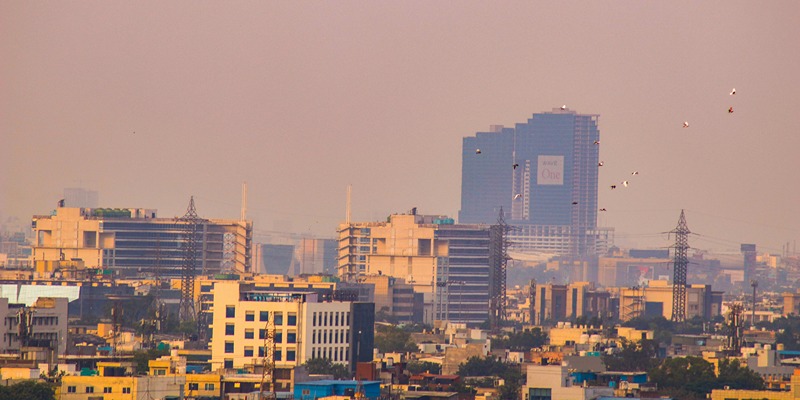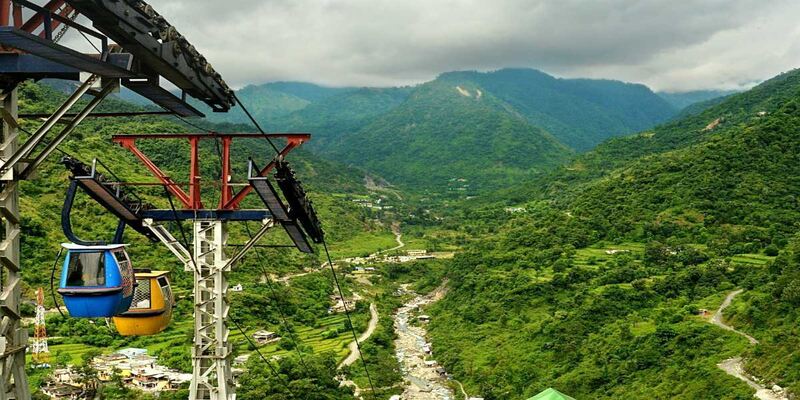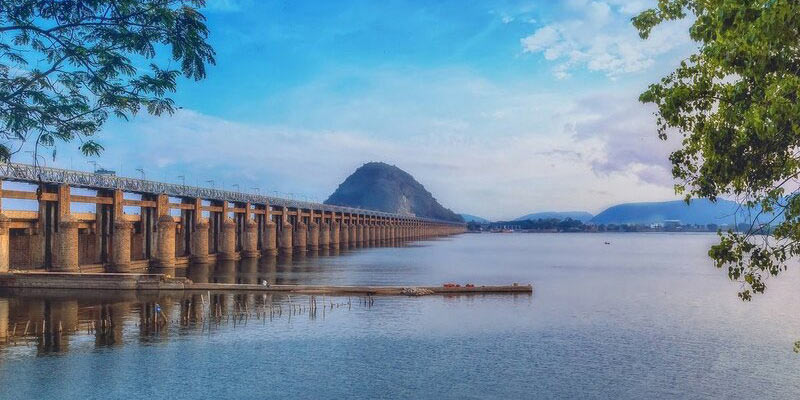Can Tho, the largest city in Vietnam's Mekong Delta, is renowned for its vibrant floating markets, rich cultural heritage, and scenic riverside views. A visit to Can Tho offers a unique glimpse into the traditional way of life in the delta, with the Cai Rang Floating Market being a highlight for any traveler. This 24-hour itinerary is designed to help you make the most of a short visit, combining must-see spots like the bustling market, historical sites, and local culinary delights. Whether you're exploring the waterways, visiting ancient houses, or enjoying local cuisine, this guide will ensure you experience the best of Can Tho in a day.
Early Morning: Exploring Cai Rang Floating Market
Arriving Early to Experience the Market's Bustle
To fully experience the Cai Rang Floating Market, it's best to arrive early in the morning, around 5:30 to 6:00 AM, when the market is at its most lively. As one of the largest floating markets in the Mekong Delta, Cai Rang is a bustling hub where local traders gather to sell fresh produce directly from their boats. The early start not only allows you to witness the vibrant activity but also to enjoy the cooler temperatures and beautiful sunrise over the river. Hiring a small boat is the ideal way to navigate through the market, providing a close-up view of the vendors and their colorful displays.
What to Buy and Eat at the Floating Market
Cai Rang Floating Market offers a wide array of goods, with a primary focus on fresh fruits, vegetables, and local delicacies. Look out for unique tropical fruits like mangosteen, rambutan, and dragon fruit. In addition to produce, some boats serve as floating kitchens, offering breakfast dishes such as "pho" (noodle soup), "bun rieu" (crab noodle soup), and "hu tieu" (rice noodle soup). Enjoying a hot bowl of noodles or a freshly made Vietnamese coffee while floating on the river is an unforgettable experience. Dont forget to try the local specialty, "banh xeo" (Vietnamese pancakes), a crispy delight often stuffed with shrimp, pork, and bean sprouts.
Learning About the Market's History and Culture
The Cai Rang Floating Market is not just a place for trade; it's a cultural symbol of the Mekong Delta's unique way of life. The market has been a central part of the region's economy for generations, reflecting the delta's reliance on waterways for transportation and commerce. Visiting the market offers a chance to learn about the local customs and traditions, including the distinctive use of "cay beo" polesbamboo poles used to display the goods sold on each boat. Engaging with the friendly vendors and observing their daily routines provides a deeper understanding of the Mekong Delta's rich cultural heritage.
Mid-Morning: Visiting the Can Tho Museum
After the vibrant experience at Cai Rang Floating Market, head to the Can Tho Museum to delve into the region's history and culture. The museum showcases an extensive collection of artifacts, exhibits, and photographs detailing the life and history of the Mekong Delta. Highlights include traditional clothing, ancient tools, and displays on the area's ethnic groups and their customs. The museum also covers significant historical events, including the region's role during the Vietnam War. A visit to the Can Tho Museum provides valuable context and insights, enriching your understanding of the local culture and history.
Late Morning: Strolling Through Ninh Kieu Wharf
Ninh Kieu Wharf, a picturesque promenade along the Hau River, is a must-visit spot in Can Tho. This bustling waterfront area offers scenic views of the river, lined with boats and ferries, and is perfect for a leisurely stroll. The wharf is dotted with charming cafes, restaurants, and shops where you can enjoy a refreshing drink or pick up some local handicrafts. The nearby Ong Temple, with its colorful architecture and vibrant decorations, is also worth a visit. Ninh Kieu Wharf is not only a great place to relax and enjoy the sights but also provides a glimpse into the daily life of the local community.
Afternoon: Discovering Binh Thuy Ancient House
In the afternoon, visit Binh Thuy Ancient House, a beautifully preserved example of French colonial architecture in Can Tho. Built in the early 20th century, this historic house offers a fascinating blend of French and traditional Vietnamese design elements. The house is filled with antique furniture, intricate woodwork, and ornate decorations that showcase the lifestyle of a wealthy Vietnamese family from that era. Guided tours are available, providing insights into the history and architecture of the house. Binh Thuy Ancient House is not only a cultural landmark but also a tranquil retreat, surrounded by lush gardens and peaceful scenery.
Evening: Enjoying Local Cuisine and Night
As the day winds down, explore Can Tho's vibrant culinary scene and night. Start with dinner at a local restaurant, where you can savor traditional Mekong Delta dishes such as grilled fish, shrimp hotpot, and "lau mam" (fermented fish hotpot). For dessert, try the sweet and refreshing "che," a Vietnamese dessert soup. After dinner, head back to Ninh Kieu Wharf to experience the night market, offering a variety of street food, souvenirs, and entertainment. The riverside area comes alive at night with music and lights, providing a lively and festive atmosphere perfect for ending your day in Can Tho.
Conclusion
A 24-hour visit to Can Tho offers a rich and immersive experience, showcasing the best of the Mekong Delta's culture, history, and cuisine. From the bustling Cai Rang Floating Market to the serene Binh Thuy Ancient House, each destination provides a unique glimpse into the local way of life. Whether you're enjoying fresh local delicacies, exploring historical sites, or simply soaking in the scenic views, Can Tho promises an unforgettable adventure. This itinerary ensures you make the most of your time in this charming city, leaving you with lasting memories and a deeper appreciation for Vietnam's vibrant culture.




